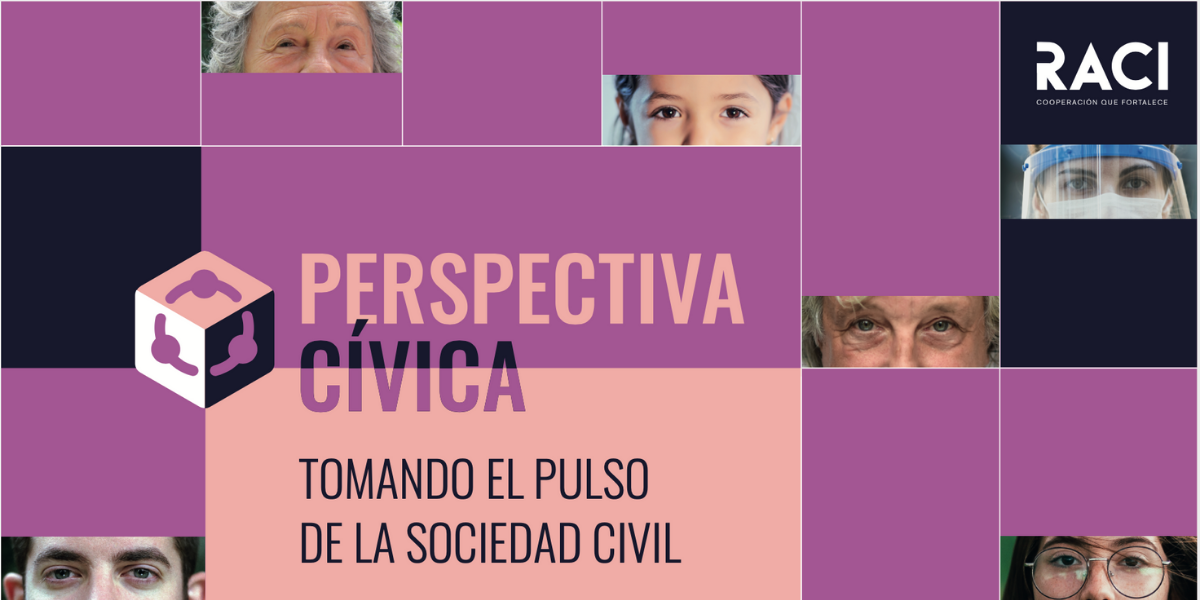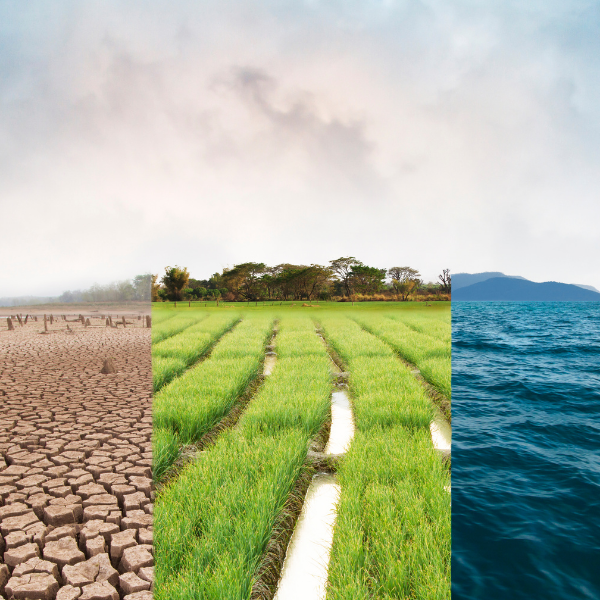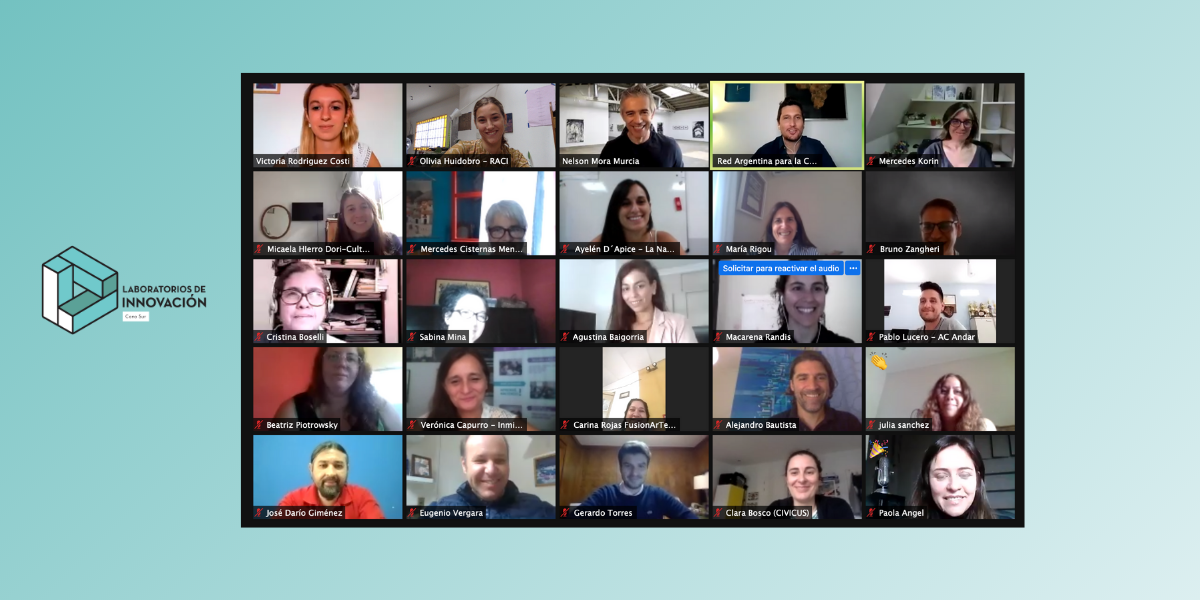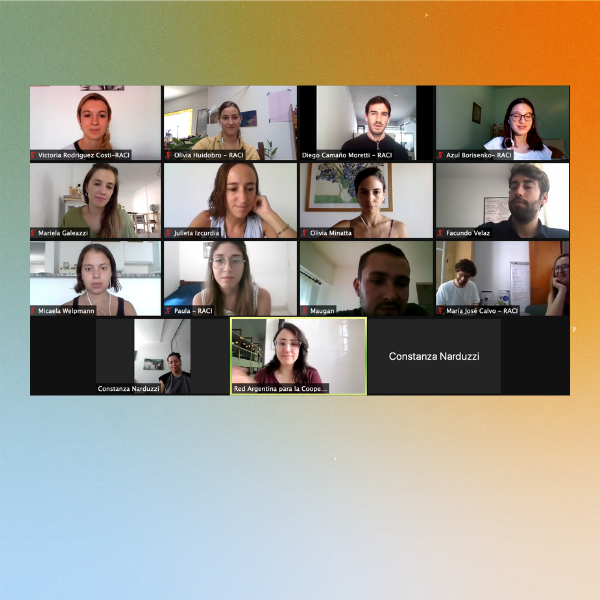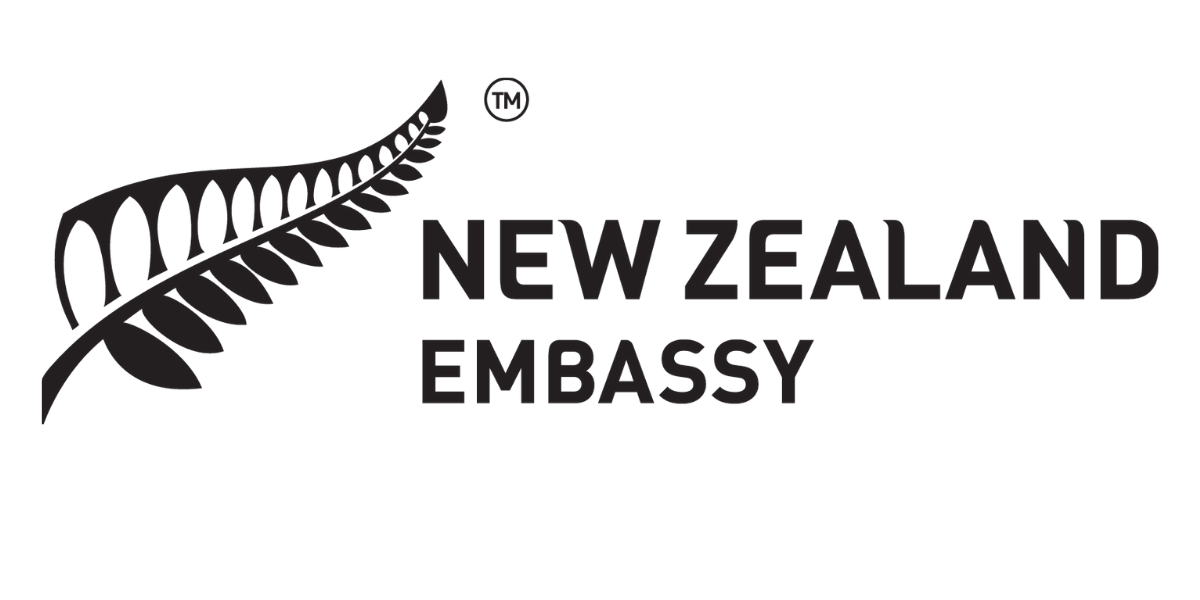Last Wednesday march 10 took place the presentation of the study CIVIC PERSPECTIVE/PERSPECTIVA CÍVICA: Investigación para la incidencia en tiempos de Covid-19.
The study Civic Perspective is an annual initiative that RACI has developed since 2018 to identify the working conditions and development of Civil Society Organizations (CSO). For 2020 in particular, the goal of the study was to demonstrate how the pandemic and the measures of preventive and obligatory social isolation affected the Civil Society Organizations and the scope of their actions, missions and visions. In this way, through the answers provided by the leaders of the organizations and their work teams, it was possible to understand the role that the CSO had during the first months of the pandemic, when the isolation was almost total.
In the first place, in charge of Luana Esquenazi, motivations were presented, methods and the main findings of the investigation. Survey participants had to answer questions about the capacity of the responsiveness of their CSO, about their target population, about the role played by the donors, as well as identify strengths and concerns from the context, among other points of interests.The answer provided by the survey participants allowed us to make some conclusions about the scene of the Civil Society in the middle of the sanitary crisis. For example, a 57% increase has been reported in the demands that the organizations received, but for 73% the resources needed to be able to respond to them, haven’t increased. In the vast majority of cases, the adaptive capacity of CSOs can be explained thanks to the tireless efforts of the work teams, which demonstrated great resilience and adaptive capacity.
Once the presentation of the study was finished, a panel of experts from both Argentina and Latin America called Pandemic and vulnerability: impact on local and Latin American Civil Society took place.The panel was made up of Anabel Cruz (CDI, Rendir Accounts), Gabriel Berger (UdeSa), Orazio Belletini (Grupo Faro / Fuegos), Pilar Arcidiácono (UBA / CONICET), Tamar Hahn (CINU). The panelists agreed that 2020 was a very tough time for the entire sector and that it was necessary to analyze the ways in which CSOs managed and related to the communities they support. It is also given to rethink in the present scenario the relationship with the State and with International Organizations. Each panelist shared the projects they were involved in during 2020 where the important role that CSOs played and still play is evident. A phenomenon as multidimensional and complex as the pandemic can only be faced through cooperation between various actors and sectors.
Soon, the study CIVIC PERSPECTIVE Latin America and the Caribbean will be launched, so this panel was a great step to initiate conversations that allow the Social Sector to think at the regional level. From RACI we want to thank everyone who participated and made this meeting possible.

